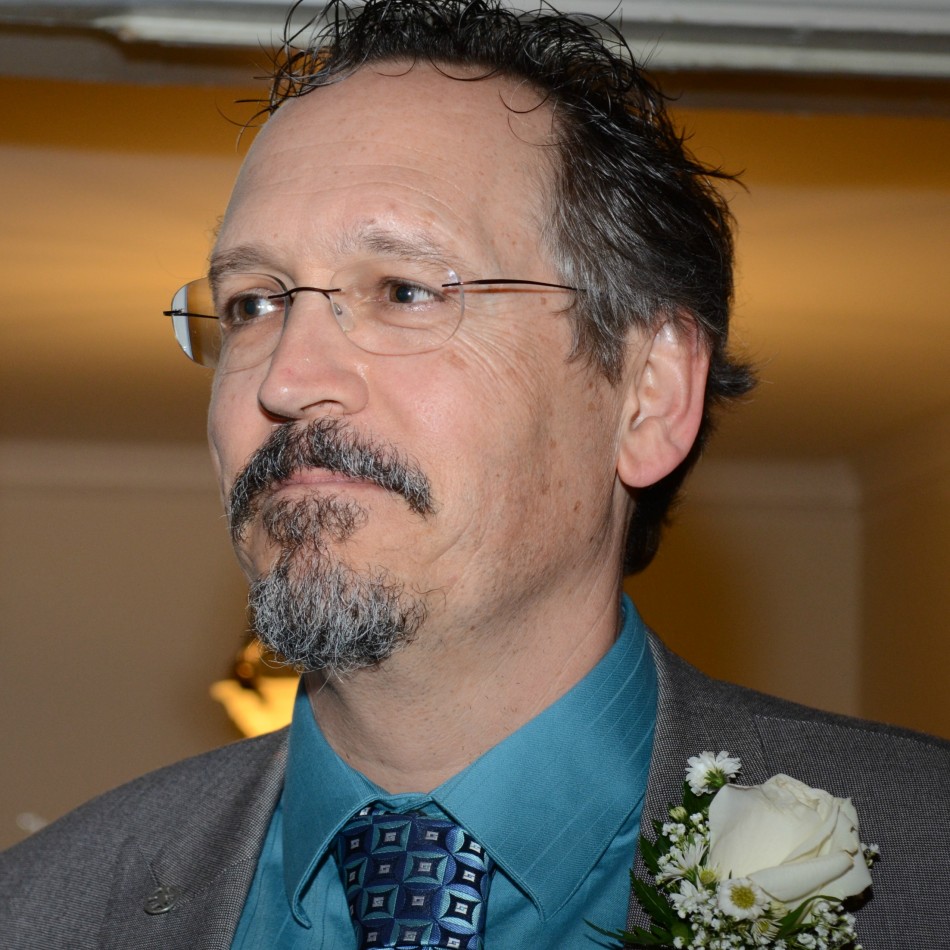

 One of the characteristics of Ethical Culture that I love is its commitment to “deed before creed.” I take this to mean that it is more important how we act toward each other than the reasons for our actions. In framing the topic of this edition of Reflections—how we establish the boundaries of our beliefs—I want to stress that establishing such boundaries is of secondary importance. How we treat each other is more important, even when interacting with those who come to Ethical Culture with ideas that seem exotic or strange. As the penultimate sentence of “2008 Leaders Statement” explains, “In placing deed before creed our welcome becomes broader and more inclusive than the boundaries of our beliefs.”
One of the characteristics of Ethical Culture that I love is its commitment to “deed before creed.” I take this to mean that it is more important how we act toward each other than the reasons for our actions. In framing the topic of this edition of Reflections—how we establish the boundaries of our beliefs—I want to stress that establishing such boundaries is of secondary importance. How we treat each other is more important, even when interacting with those who come to Ethical Culture with ideas that seem exotic or strange. As the penultimate sentence of “2008 Leaders Statement” explains, “In placing deed before creed our welcome becomes broader and more inclusive than the boundaries of our beliefs.”
If we are to claim a distinct and unique intellectual tradition for Ethical Culture, however, there must be a way to identify our shared values and principles. I believe that the boundaries of Ethical Culture are best determined by conversations—conversations within Ethical Societies, between members and Leaders, and metaphorically between the present and the past. These conversations, when we are at our best, both clarify values we share and nurture relationships we value. Most importantly, they evolve.
The evolving quality of beliefs was fundamental to why Felix Adler created Ethical Culture. He saw traditional religions unable to adapt to changing times, clinging to outdated dogma that harmed more than helped. Dogma, defined as “a principle or set of principles laid down by an authority as incontrovertibly true,” survives only when power insists that truth is static and the quest for wisdom is at an end. Anthropology and psychology, born and nurtured into young adulthood during Adler’s lifetime, devastated assumptions of certain, exclusive, and universal wisdom. Cultural relativism grew strong.
This is not to say that Adler was a relativist—far from it. But he appreciated that our flawed intellectual frameworks needed constant correction. As he said to the Board of Trustees of the New York Society for Ethical Culture a few years before his death, “I do not need to tell you that I stand against the skeptics, the behaviorists, and the pragmatists. There is such a thing as truth, although our expressions of it need constant correction….” (Howard Radest, Felix Adler, pp. 44-45) As an aside, I think Adler did not fully appreciate that, given his emphasis on constantly correcting our expressions of truth, he was closer to pragmatism than he realized.
Adler’s ideas themselves are also in need of constant correction. While he still “speaks to us from the grave,” his voluminous writings contain elements that clash with modern times. His philosophical idealism, Victorian sexual assumptions, and identity essentialism deserve skeptical critique. Ethical Culture left these elements behind and embraced a problem-solving “Deweyan idealism.” (Joe Chuman, “Four Types of Religious Humanism”) This pragmatic orientation serves well in determining our current beliefs.
Personally, as a pragmatist, I believe that questions worth asking are those that arise out of human desires, needs and frustrations. Ethical Societies serve as venues for conversations about those yearnings, needs, frustrations, and about solutions to ease the yearnings, meet the needs, and overcome the frustrations.
Above the stage at the Philadelphia Ethical Society are the words, “The place where we meet to seek the highest is holy ground.” I like to say that what makes the ground “holy” is the fact that through dialogue we come together, socially and intellectually, to realize solutions to our shared problems. What brings out our best is the process of meeting together, sharing perspectives, learning from one another, and, hopefully, compromising about—and actualizing—collective action.
Perhaps the thesis I offer here will strike some as unsatisfying—more of a muddling we’ll-figure-it-out approach without firm answers. I will point out, however, that this method has allowed for an admirable consistency over Ethical Culture’s 140 years. Through evolving and pragmatic conversations, the cornerstones of Ethical Culture remain strong. The inherent worth of every person, the demand that such worth be honored systemically through social justice, and reliance on ethical relationships as a means to honor worth and build justice, are all as strong today as they were when Ethical Culture was born.
The fact that this consistency remains without heavy-handed authority restricting freethought is a credit to our Ethical Culture. I will admit that Leaders have a disproportionate impact on the conversation about our identity, but that is due less to shear de jure authority, than it is by the fact that they are most consistently in the middle of the conversation between members and between the past and the present. Leaders also, more than most, bring the wisdom of early Ethical Culture writers into contemporary dialogue.
The fact that you can easily, and publically, disagree with this essay is evidence of my claim that Ethical Culture does not bow unthinkingly to authority. What determines our shared values is a conversation with each other, and with the past, that can be analyzed, expanded, rejected, and adapted. Guided by a tradition of tolerance and shared principles, I believe our method for determining the boundaries of our belief simply makes the most sense.
Sign up for emails from AEU